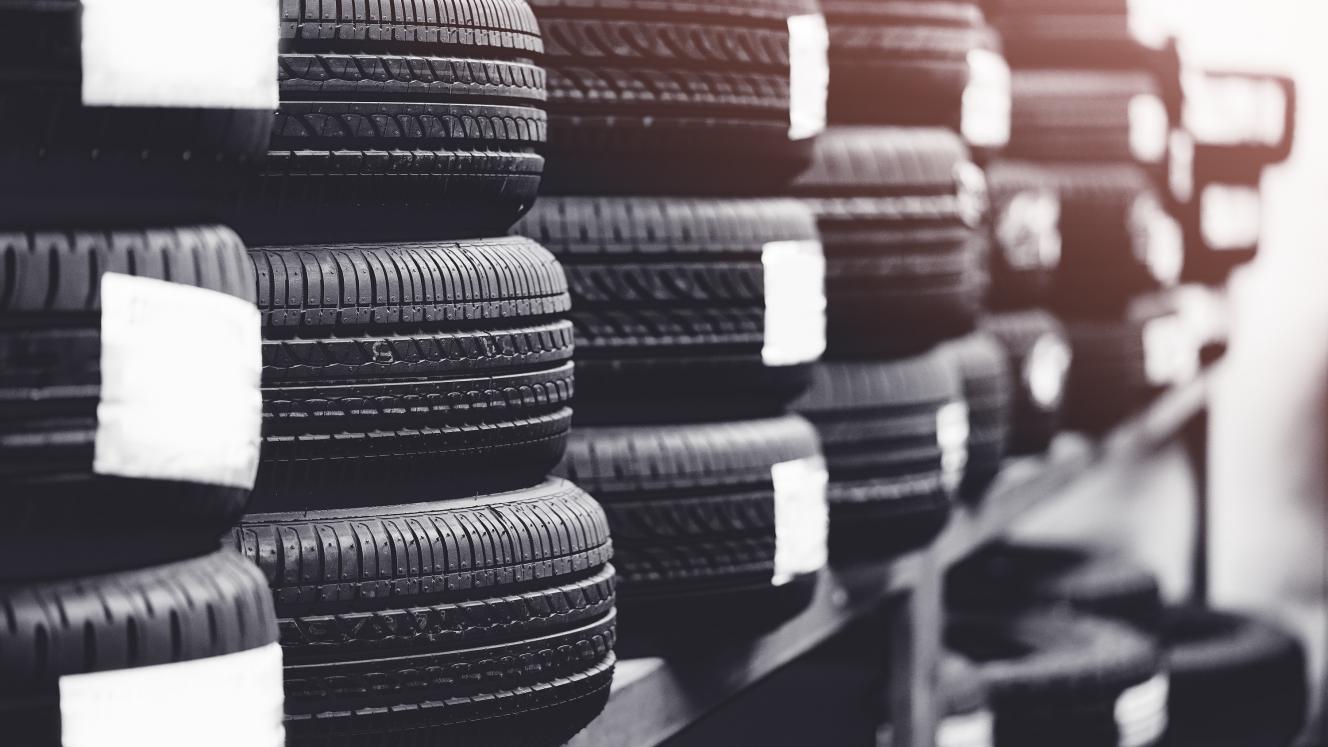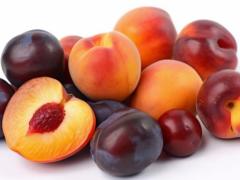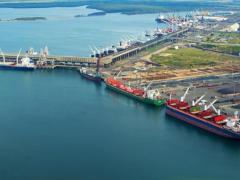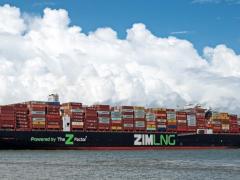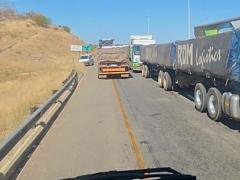The call by the South African Tyre Manufacturers’ Conference (SATMC) for an investigation into unfair trade and higher duty to be imposed on cheap passenger, truck and bus tyre imports from China aims to “rescue” the local tyre industry and thousands of jobs.
This was the reasoning the SATMC gave for its latest application to Itac to raise import duty by between 8% and 69% on tyres imported from China. India, Nigeria, the United States and the United Kingdom, have taken similar steps to protect their local industries.
SATMC represents the country’s four tyre manufacturing companies - Bridgestone, Continental, Goodyear and Sumitomo Rubber South Africa.
The application to Itac claims that tyres from China are being imported at “predatory prices and causing material injury” to domestic manufacturers.
SATMC managing executive Nduduzo Chala said the South African Revenue Service was dealing with 64 cases of illicit trade into the country related to the tyre industry. He said manufacturers were not opposed to healthy trade and competition at fair prices, but against tyres imported at “unsustainable, rock-bottom rates”.
“This has been occurring over a number of years and the continued proliferation of large consignments of cheap imported tyres from China is something we are strongly opposed to. It is not our intention to increase tyre prices or to hit the wallets of customers. This is about fighting unfair trade. SATMC members are concerned about the knock-on effects of these destructive practices for job creation and economic growth within South Africa. We want to keep the South African manufacturing sector alive,” Chala said.
He added that cheap imports limited the competitiveness of domestic manufacturers, who employed more than 6 000 people directly in SA and created indirect employment opportunities for more than 19 000 people.
“SATMC companies themselves work with tyre importers who demonstrate fair pricing, prioritise quality and safety, and are able to offer excellent after-sales service, guarantees and insurance, uplifting the domestic tyre sector and road safety industry as a whole,” said Chala.
Imported tyres, mostly from China, accounted for more than 50% of local circulation in 2021, according to SATMC research. Data compiled independently by Lightstone Auto showed that more than 70% of tyres sold by SATMC members in 2021 were produced locally. This is contrary to the claim by the Tyre Importers’ Association of SA (Tiasa) that manufacturers import around 80% of tyre varieties they sell locally.
“The four manufacturers have made sizeable investments into upping their domestic capacity, but this continues to be eroded as rising cheap imports adversely impact industry capacity utilisation. We hope that our anti-dumping application…if successful, will help to provide a more level playing field,” Chala said.
The National Association of Automotive and Allied Manufacturers (Naacam) supports the application.
Naacam executive director Renai Moothilal said: “Domestic tyre manufacturers are a significant part of the SA automotive manufacturing value chain, and any production losses they face as a result of products being dumped into the country have the potential to negatively impact localisation and job levels, which is contrary to the objectives of the SA Automotive Master Plan 2035.”
Chala said local tyre manufacturers had contributed more than R15.9 billion to the economy between 2019 and 2021.
“Thousands of employment opportunities have been created over the years, and the SATMC is committed to maintaining these positions, and in future, to increase this skills pool. We have also developed the industry via supplier development, employee contributions, skills development, corporate social investment and enterprise development, in addition to investments into their local manufacturing plants. Local manufacturers have worked hard to withstand substantial challenges to their operations and protect the entire value chain, particularly in the aftermath of the pandemic, looting, theft and destruction of property, coupled with ongoing challenges related to electricity supply and labour,” Chala said.
“The four manufacturers have made sizeable investments into upping their domestic capacity, but this continues to be eroded as rising imports adversely impact industry capacity utilisation,” he added.
The Itac investigation, initiated on January 31, is currently in its preliminary phase. Responses will be assessed in line with World Trade Organization and domestic regulatory and legislative criteria. Itac is expected to issue a preliminary determination in August and its final determination in early 2023.
